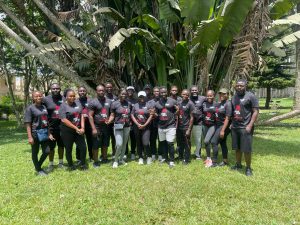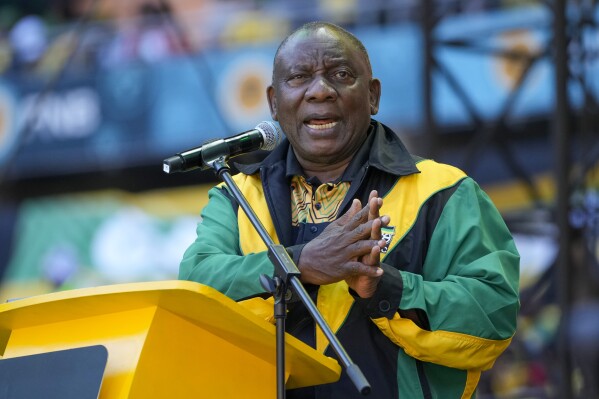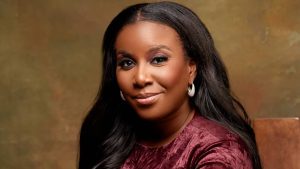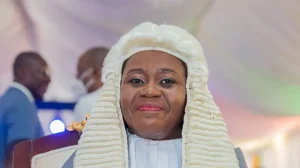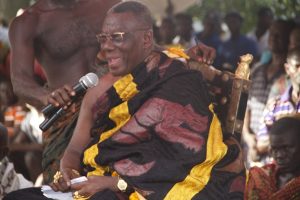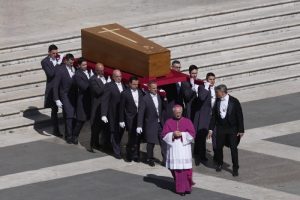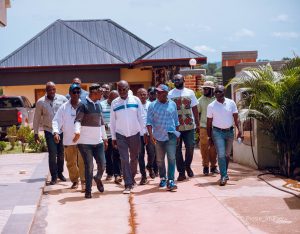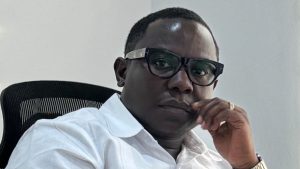South Africans began voting Wednesday in an election seen as their country’s most important in 30 years and one that could put their young democracy in unknown territory.
At stake is the three-decade dominance of the African National Congress party, which led South Africa out of apartheid’s brutal white minority rule in 1994. It is now the target of a new generation of discontent in a country of 62 million people — half of whom are estimated to be living in poverty.
Africa’s most advanced economy has some of the world’s deepest socioeconomic problems, including one of the worst unemployment rates at 32%.
The lingering inequality, with poverty and joblessness disproportionately affecting the black majority, threatens to unseat the party that promised to end it.
After winning six successive national elections, several polls have the ANC’s support at less than 50% ahead of this one, an unprecedented drop. It might lose its majority in Parliament for the first time, although it’s widely expected to hold the most seats.
Support has been fading. The ANC won 57.5% of the vote in the last national election in 2019, its worst result to date.
South African President Cyril Ramaphosa, the leader of the ANC, has promised to “do better.” The ANC has asked for more time and patience.
The election will be held in one day across South Africa’s nine provinces, with nearly 28 million people registered to vote at more than 23,000 polling stations. Final results are expected by Sunday.
The opposition to the ANC in this election is fierce but fragmented. The two biggest opposition parties, the Democratic Alliance and the Economic Freedom Fighters, are not predicted to increase their vote by anything near enough to overtake the ANC.
Instead, disgruntled South Africans are moving to an array of opposition parties; more than 50 will contest the national election, many of them new.
The ANC says it is confident of retaining its majority. Ramaphosa has pointed out how South Africa is a far better country now than under apartheid, when black people were barred from voting, weren’t allowed to move around freely, had to live in certain areas and were oppressed in every way.
